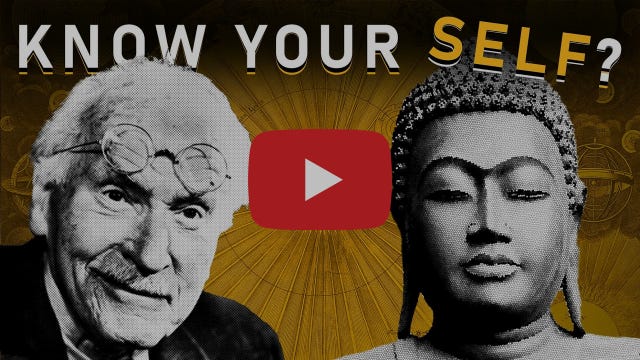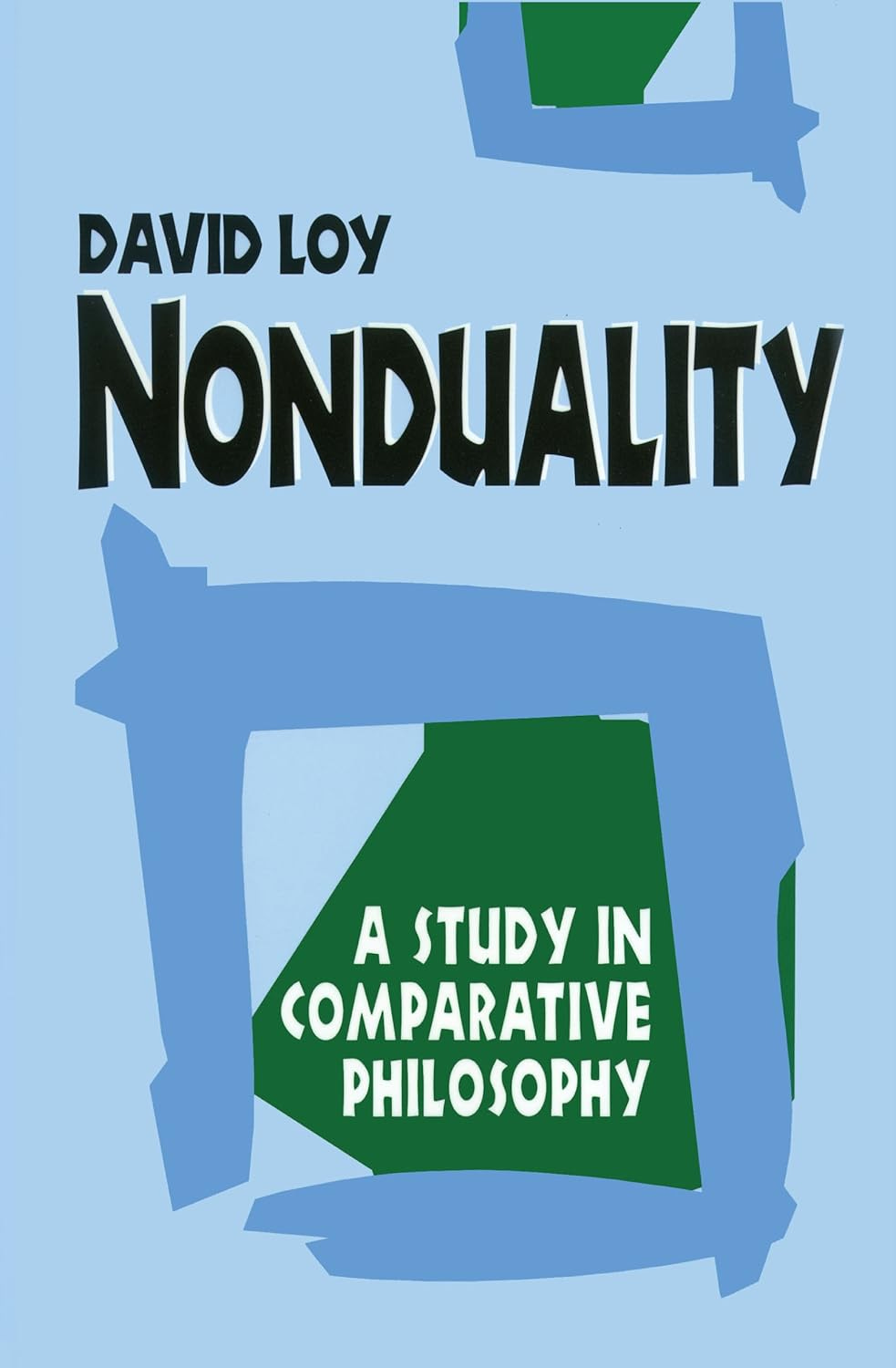“From the early great Upanishads the recognition ATMAN = BRAHMAN (the personal self equals the omnipresent, all-comprehending eternal self) was in Indian thought considered, far from being blasphemous, to represent the quintessence of deepest insight into the happenings of the world…
“Consciousness is never experienced in the plural, only in the singular. Even in the pathological cases of split consciousness or double personality the two persons alternate, they are never manifest simultaneously… [Our] immediate experience [is] that consciousness is a singular of which the plural is unknown; that there is only one thing and that, what seems to be a plurality, is merely a series of different aspects of this one thing, produced by a deception (the Indian MAYA); the same illusion is produced in a gallery of mirrors, and in the same way Gaurisankar and Mt. Everest turned out to be the same peak, seen from different valleys…
“Yet each of us has the undisputable impression that the sum total of his own experience and memory forms a unit, quite distinct from that of any other person. He refers to it as "I". What is this "I"?
“If you analyze it closely, you will, I think, find that it is just a little bit more than a collection of single data (experiences and memories), namely, the canvas upon which they are collected. And you will, on close introspection, find that what you really mean by "I," is that groundstuff upon which they are collected.”
—Erwin Schrödinger, The I that is God
May we trace the roots of experience back to the ground,
Simeon
“The eye through which I see God is the same eye through which God sees me.”
— Meister Eckhart
Our Original (No) Self
Here we explore two drastically different, but equally profound perspectives on the ultimate nature of the self. Carl Jung and the Buddha, perhaps the two greatest psychologists to have ever lived, guide us into deeper dimensions of our being, beyond our everyday sense of personal identity.
Suggested Reading
Nonduality: A Study in Comparative Philosophy by David Loy
Are we many, or is there only One? In Nonduality, David Loy traces the perennial wisdom across East and West that our separateness is a mirage.
Order here and support SEEKER TO SEEKER at no extra cost.




